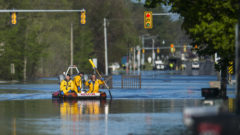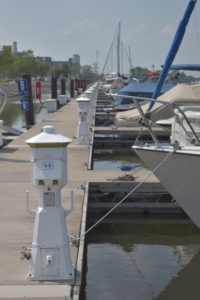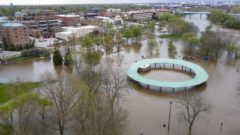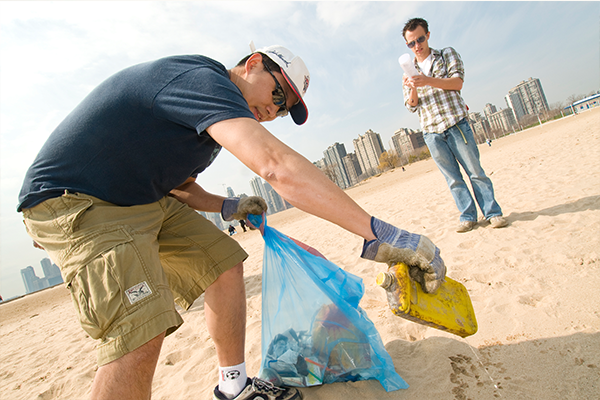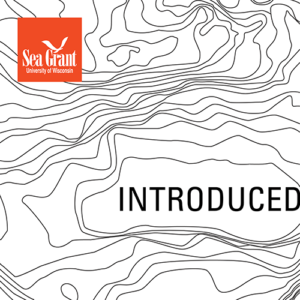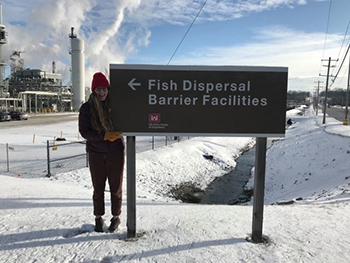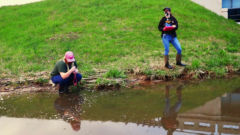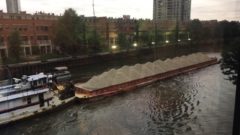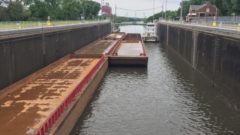Record Lake Michigan levels an expensive problem for Lakeshore residents
Lake Michigan water levels have continued at record highs this spring and with no sign of dropping anytime soon, lakeshore residents are taking expensive steps to protect their land. Read the full story by WLUK – TV – Green Bay, WI.
Great Lakes Commission
https://www.glc.org/dailynews/20200521/water+levels

